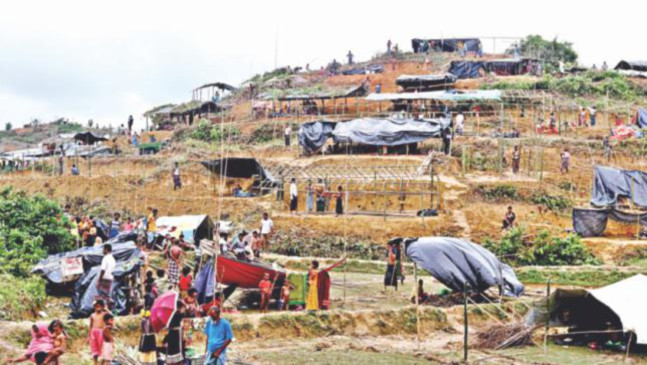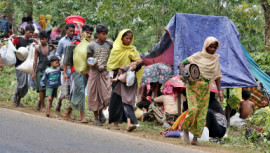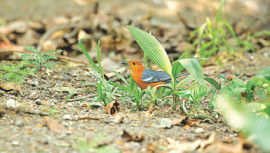The UNDP report has only reconfirmed the worst fears we have had about the extremely harmful consequences on the local environment, its flora and fauna and wildlife, which the very large Rohingya influx in Cox's Bazar would cause. This was only but a natural outcome of a sudden deluge of people from across the border that caught the local administration off guard.
Nearly 1500 hectares of land containing invaluable forest resources have been affected already, and there is the potential for more areas suffering the brunt until there is a complete stop to the uncontrolled use of forest woods as cooking fuel. But that is not all; the ground water level is depleting very fast, again due to unplanned drilling of shallow tube wells to supply water to the refugees. Therefore as an immediate measure, the administration should arrange alternative cooking fuel for the refugee camps, and take measures to protect the forest lands that are vulnerable to human coercion.
And these also bring to the fore the need to put into effect the agreement in principle to the repatriation of the Rohingya refugees. All the more so when refugees from northern Rakhine are still entering Bangladesh. Not only should the preparatory work be completed quickly, the rate of repatriation per diem must be enhanced so that that the repatriation can be completed sooner than the two years that the agreement stipulates. Thus there is need for continued pressure on Myanmar so that the repatriation can be sustainable.



























